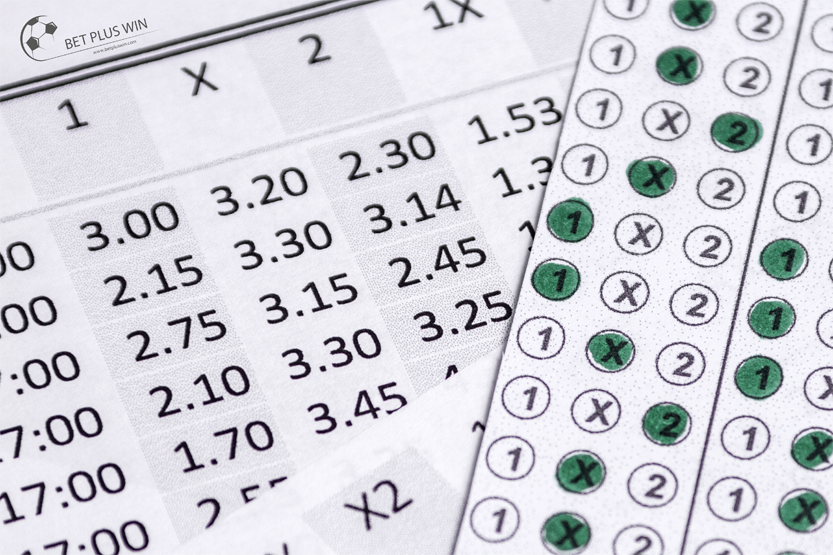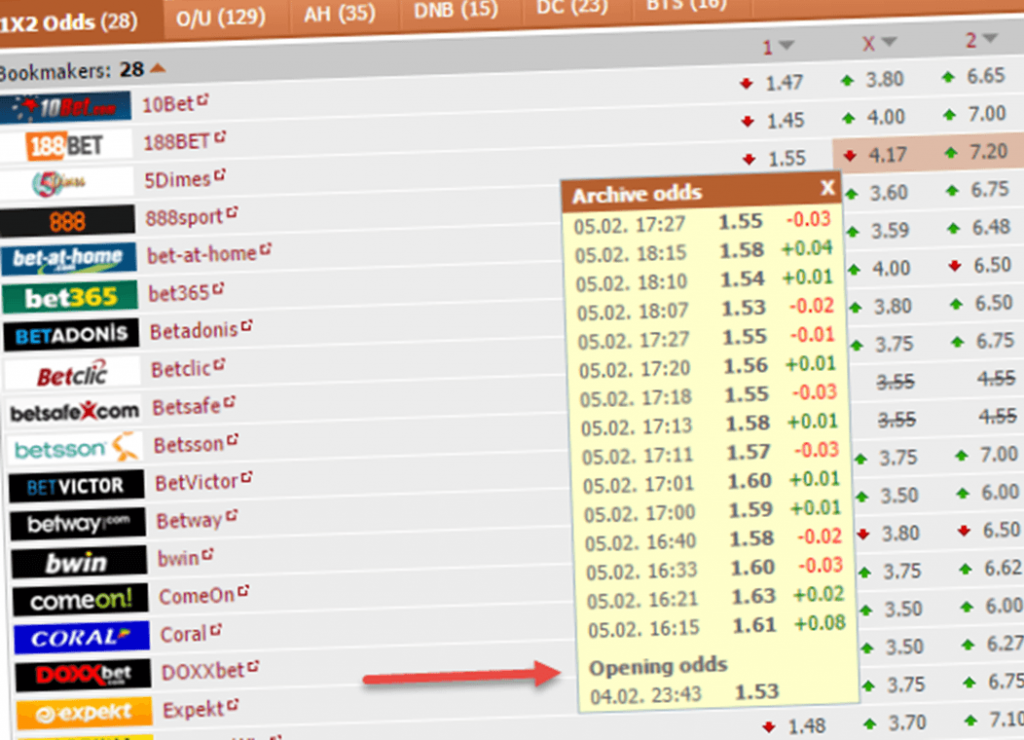SHOULD YOU BET ON ODDS DROPS?

There are many factors that can influence the sports betting market and cause the odds to change. Here are all the factors and their importance in the fluctuation of the odds on the sports betting market.
The money supply in the sports betting market
The main factor to explain the variation of odds in the sports betting market is the amount of money injected. Yes, the main cause of odds variation is you!
Indeed, the bookmaker will adapt his odds according to your betting behaviour. If there is a huge amount of money on a given sporting event, then the bookmaker will react by lowering the odds. This makes sense. Because the bookmaker will always try to balance the bets in order to make a profit whatever the outcome. At the same time, he will make sure that he takes the necessary margin in order to take as little risk as possible.
The amount of money the bettor puts down is determined by his analysis of a sporting event.
As a rule, the bookmaker is very good at adjusting the odds by estimating the amount of money that will be invested in a particular sporting event. Make no mistake, beating the bookmaker is a long process.
However, in some cases, the bookmaker will have little or no reaction to the amount of money deposited by punters. He will simply judge the bets to be irrational based on the statistical and contextual data he has in his possession. He too will take a bet.
The information that will upset the odds

There are cases in which online betting sites are caught off guard. These situations occur when a last minute event impacts the probability of the outcome. And, therefore, our judgement about making a prediction.
For example, the injury of a major player, the decision of a closed match, the ousting of a coach, a suspension, dressing room problems exposed in the sports press, etc…
Information is essential. Your goal will be to be up to date with the latest sports news. For this, Twitter is your friend. Subscribe to a multitude of accounts that relay important information about the sports that interest you for your sports betting.
When a piece of information can change the outcome of a match, the bookmaker will react by adjusting his odds but you will still have a window of opportunity. You have to react before he does.
This is seen a lot in the NBA when an important player of the 5 major is declared absent for the last minutes.
If Lebron James gets injured in warm-up, it’s a safe bet that the Lakers’ odds will take a big hit on the back of the neck.
So, should you bet on the odds falling?
Yes and no… We explain…
Premature market anticipation
Anticipating the market is a good thing. In the sense that if you do it properly you will get odds at a higher value than the final odds. These are called value bets.
As a result, you will have made what is called a good deal. It’s like buying something cheap and then having it rise in price because of its success.
Then you say to yourself that you are a winner. It’s a very good thing when you have a good analysis of the sporting event and have enough capital depth to take positions on the odds at the opening of the market while waiting for the long-awaited match.
But do you have all the facts? How do you measure the margin of error and imponderables that can occur between the opening and final odds?
Does this margin of error have an impact on the margin earned on your final odds?
Assuming that the variations in the odds are a reflection of the money committed by the bettors (the vast majority of whom are losers), are they indicative of a good prediction?
Joseph Buchdhal’s study of falling odds

However accurate a Tipster’s analysis may be, the influence of pre-match information strongly affects the sports betting market.
It quickly makes the expected payoff negative when the market anticipation is too premature.
Joseph Buchdahl, a professional bettor and statistician, has taken a close look at these odds variations.
He notes that in nearly 400,000 games, it is much more difficult to take opening odds than closing odds that will truly reflect the market with so-called “fair” odds.
The middle ground would be, in his view, to anticipate the market at a time interval wide enough to exceed the final odds but not too wide to avoid the margin of error associated with imponderables.
In fact, for him, there are few opportunities to obtain a significant expectation of gain under this model of odds variation. Only 6.5% of the quotes at the opening of the market give implied profit expectations of more than 10%.
In other words, many punters can be encouraged to think that they will always find value bets by anticipating the market when in reality even with decreasing odds: They are missing out. And this is largely due to the last minute imponderables inherent in the sport.
Conclusion about the drop in odds
In order to find value bets on a regular basis, one should not simply anticipate the market and think that the variation of a downward odds remains the only significant factor of a good bet. Odds can go down and then go up again when a major piece of information occurs a few hours before the match. This can be as simple as the non-appearance of a key player. It is therefore important to have a good analysis of the match, to know all the factors favouring your bet. To do this, you need to have as much information as possible, which rules out the idea of betting prematurely on a match in the hope that the odds will fall.
Beating the closing odds remains the objective but this can be done a few hours before the match. The evolution of the odds is not significant in itself as a prediction to be taken at all costs. The Closing Odds should only be lower than when you made your bet. And often the biggest drops in odds are a few days or even a few hours before the match.
Leave a Reply